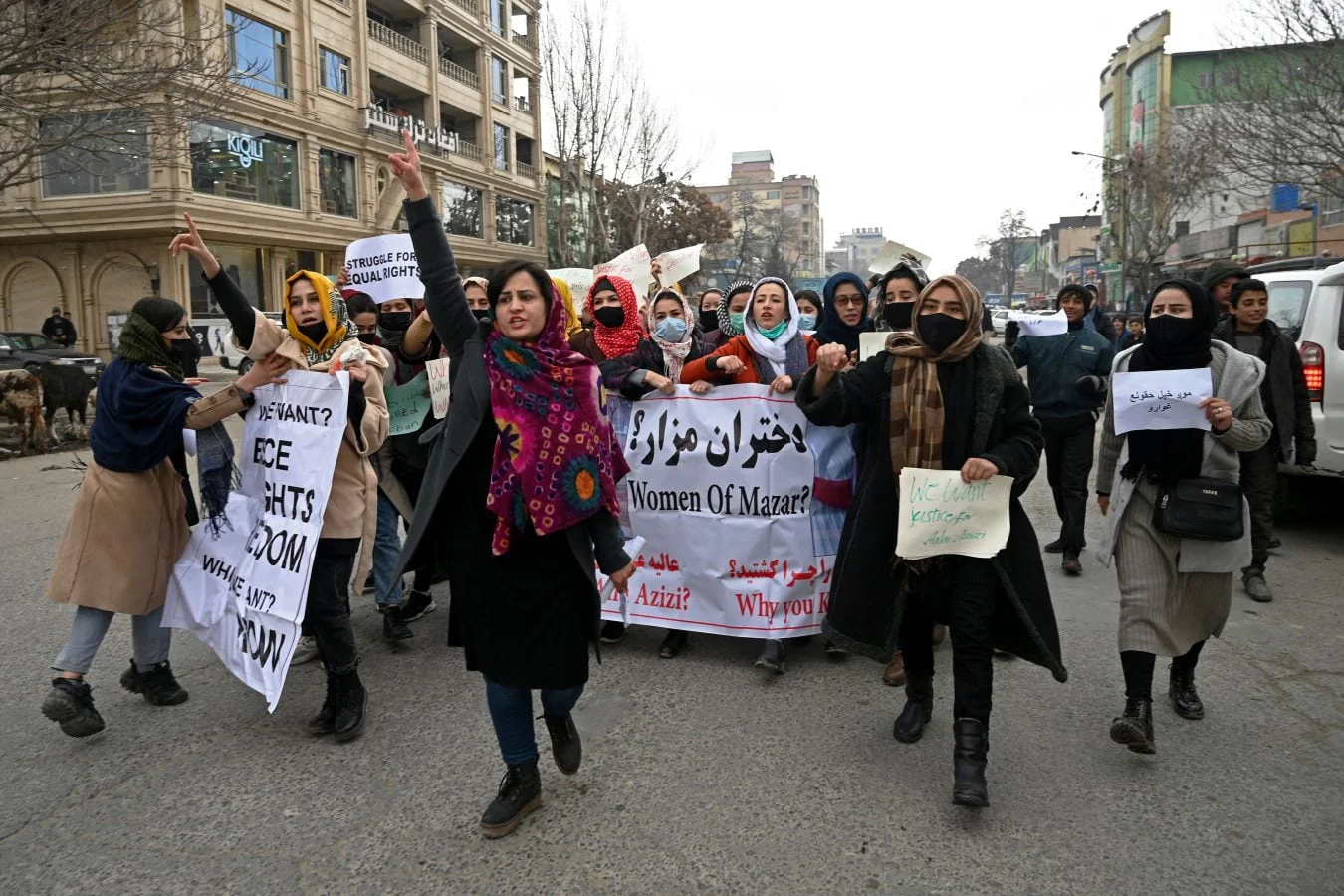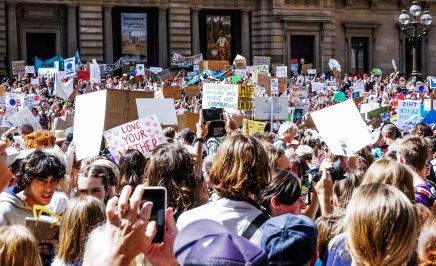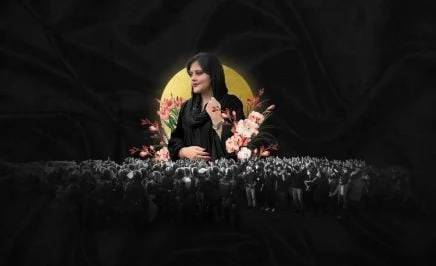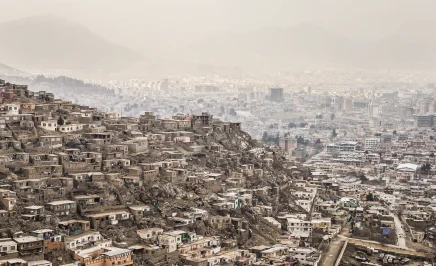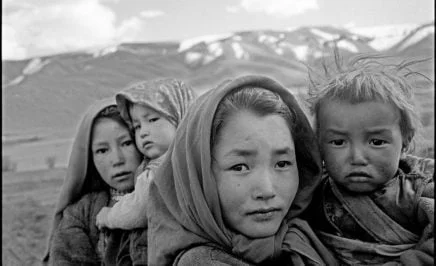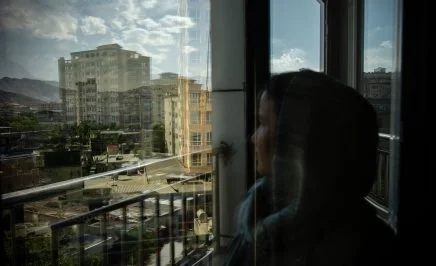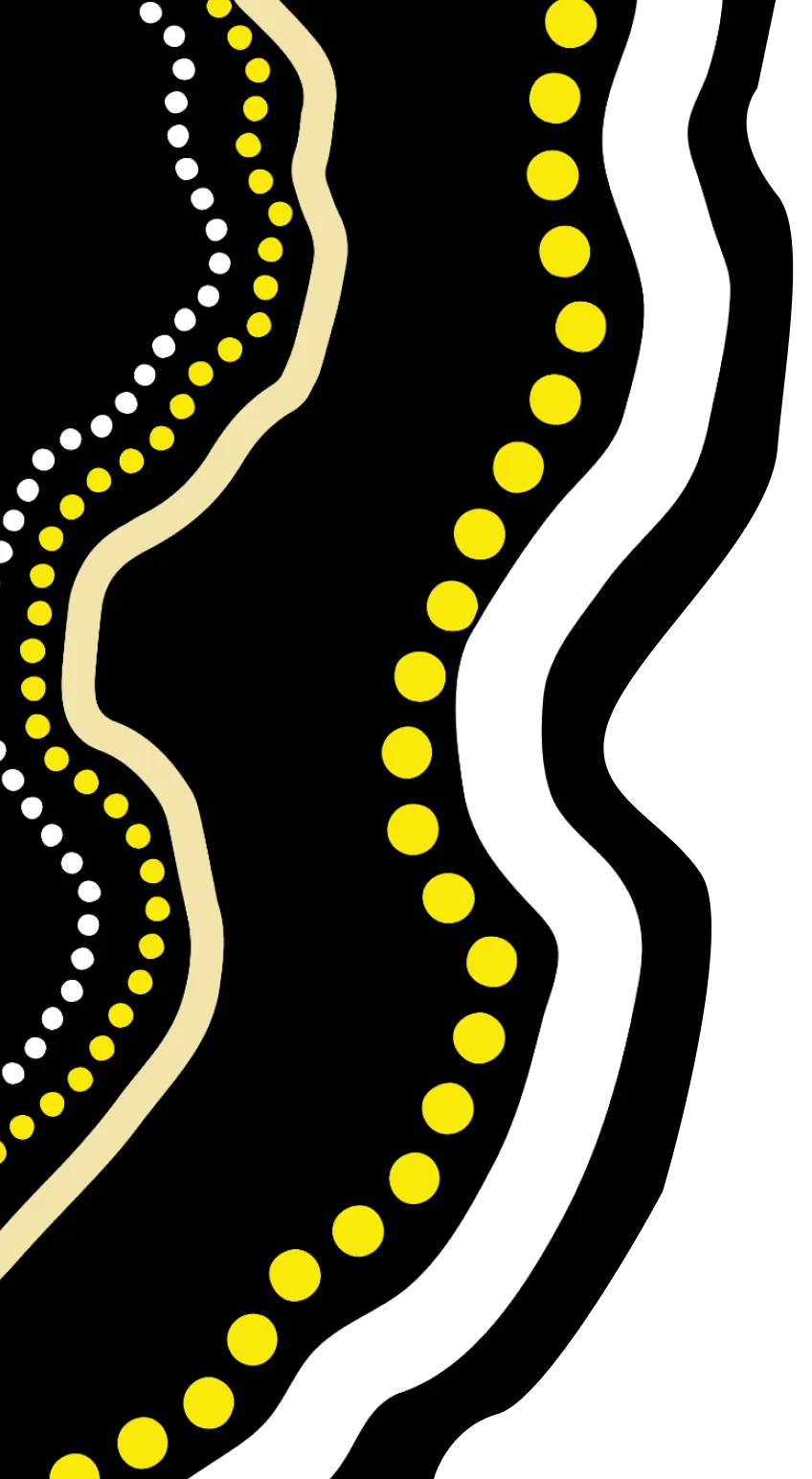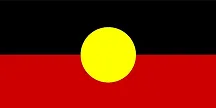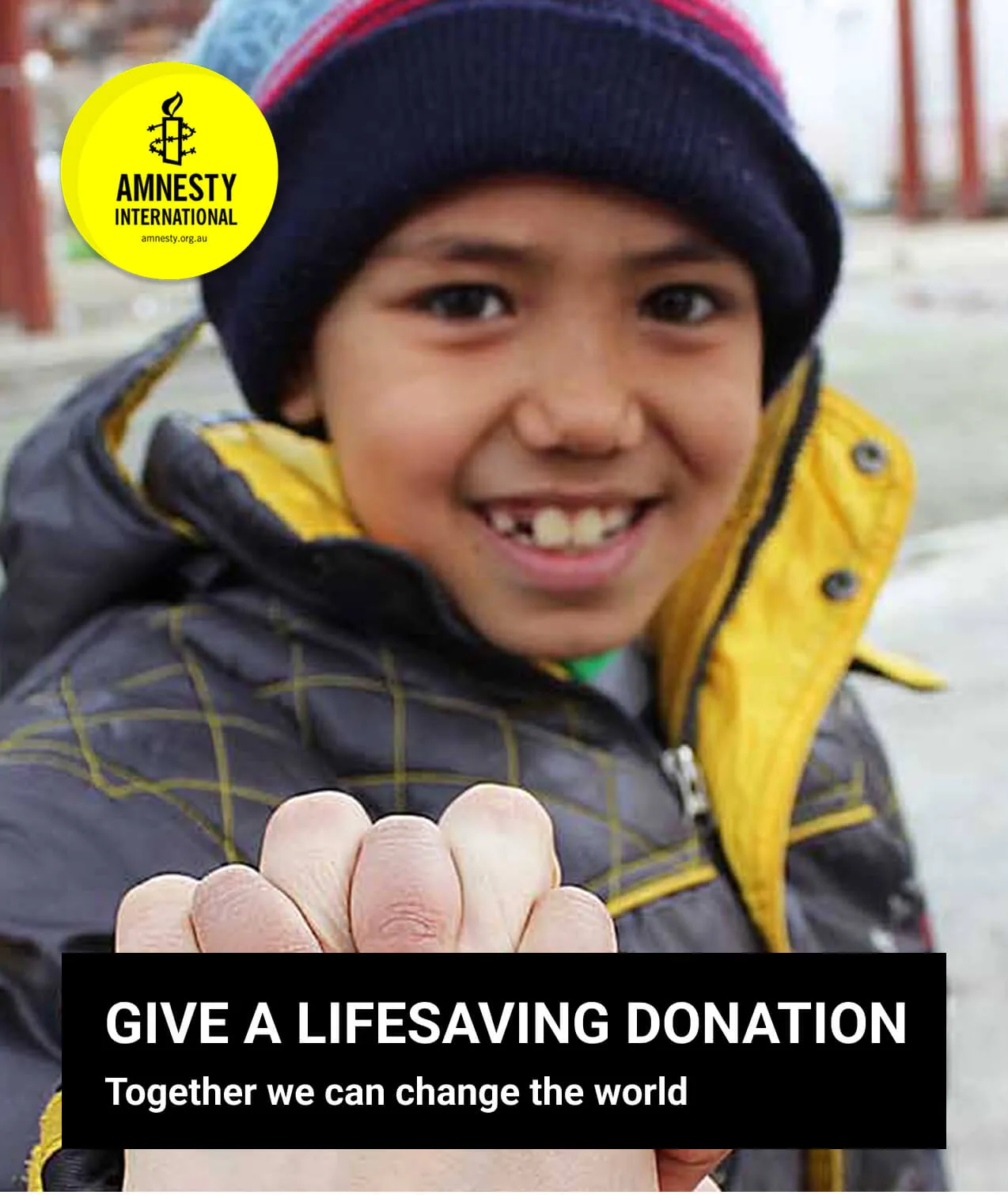Since violently seizing control of the country over a year ago, the Taliban have entrenched a human rights crisis in Afghanistan for women.
What is going on in Afghanistan?
From Kabul to the most remote areas of the country, in recent months we’ve spoken to various women and girls across Afghanistan. They are being sentenced, as one Afghan woman put it: “to death in slow motion”. Forced to live without any dignity in the shadows, and denied their most basic and fundamental human rights.
In the year since the Taliban’s takeover, the international community has condemned their human rights abuses, but failed to take the concrete actions necessary to end the human rights crisis.
We must stand with women and girls in Afghanistan, and pressure our leaders to step up and pressure the Taliban into action.
Right now, girls as young as 12 are restricted from going to secondary school. Access to education is a fundamental human right. Afghanistan-Australian Advocacy Network PhD Scholar and Research Officer, Sanam Ahmadzada, has rightly pointed out that Afghanistan is the only country where that right is taken away from girls.
“Educated women have the power to transform and empower families, communities, and nations. This basic human right is the key to Afghanistan’s security, stability, and future”.
Afghanistan-Australian Advocacy Network PhD Scholar and Research Officer, Sanam Ahmadzada
Under Taliban rule, women are prevented from working, dictated in what they are allowed to wear and limited in their ability to leave their homes. We’ve even heard harrowing reports of some being forcibly married to the Taliban.
What Amnesty is calling for
We are calling for Australia and the international community to impose serious consequences on the Taliban for their conduct.
This includes travel bans and targeted sanctions that put pressure on the Taliban, without harming the people of Afghanistan. We’re also calling for humanitarian assistance in the region that ensures girls can access an education.
“The Taliban are trying to cage us, to remove us from society and destroy everything we have. But we have hopes. We have dreams. Even if they put us in chains, we will prevail, and we will prove ourselves to them and to everyone.”
Iranian secondary student speaking to Amnesty
How can you help
Many of the activists Amnesty has interviewed pointed out that one of the things that makes the current Taliban different from the government in the 1990s, is that many Taliban leaders today are concerned about how they’re perceived by the international community.
This is why it’s so important that the international community, including Australia, takes concrete action now.
Join me in standing with the brave women and girls of Afghanistan now, by signing the petition now.
Women and girls have fought hard for their human rights over the years – to be educated; to access health care, to own property, to vote, and much more. But, around the world, they continue to face violence and discrimination. Learn more about our women’s rights campaign work.
When courageous people protest, they make the world a better place. We must protect the right to protest wherever it is restricted and whenever it is at risk. Learn more about our right to protest campaign work.
Nikita White (she/her) is a campaigner for Amnesty International Australia.
